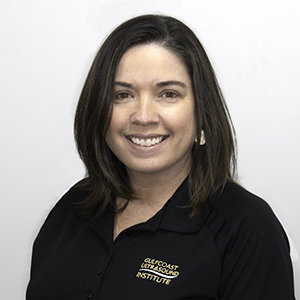Point-of-care ultrasound (POCUS) is a valuable tool that can be integrated into family medicine practice to enhance diagnostic accuracy and improve patient care. Below are several ways in which POCUS can be utilized within the family medicine practice.
First, and foremost, ultrasound is a fantastic way to improve diagnostic accuracy. POCUS allows Family Medicine Physicians to visualize and assess the internal organs and structures within multiple areas of the body directly and safely. By performing ultrasound examinations, Family Medicine Physicians can obtain real-time images and make immediate diagnostic bed-side decisions. This leads to faster and more accurate diagnosis of various conditions and pathology, such as abdominal pain, joint injuries, soft tissue damage, and even respiratory diseases.
Using ultrasound for guiding procedures within the body is another way Family Medicine Physicians can utilize ultrasound within their practice. Joint injections, drainage of abscesses, or biopsies are all greatly improved while using ultrasound guidance. By visualizing the target area in real-time, physicians can increase the accuracy and safety of these procedures, reducing the risk of complications and improving patient outcomes.
For Family Medicine Physicians who are monitoring chronic conditions in their patients, such as heart failure or chronic kidney disease. Regular ultrasound examinations can help track organ function, assess disease progression, and guide treatment decisions.
Since ultrasound is visual, and images can be shared with the patient, this gives all Family Medicine Physicians a powerful tool for patient engagement and education: By visually demonstrating anatomical structures or showing real-time images of conditions, patients can have a better understanding of their own health. This can improve compliance with treatment plans and promote shared decision-making in the family medicine setting.
Finally, ultrasound offers all Family Medicine Physicians the opportunity for continuity of care: By having ultrasound capabilities in the family medicine practice, physicians can reduce the need for external referrals and diagnostic imaging tests. This increases the continuity of care and reduces unnecessary delays, potential travel needs, or additional expenses for patients. It also allows Family Medicine Physicians to provide more comprehensive care and follow-up in a timely manner.
However, it should be noted that integrating point of care ultrasound (POCUS) into family medicine practice requires adequate training and expertise. Physicians should undergo appropriate education, certification, and ongoing competency assessments to ensure safe and effective use of this technology. Join us at our upcoming Introduction to Abdominal/Primary Care Ultrasound Course October 16 - 18, 2023 in sunny St. Petersburg, Florida! This course, taught by experts in point of care ultrasound, integrates comprehensive lectures, interactive case presentations, and extensive hands-on scanning on standardized patient models, allowing all participants to immediately integrate the skills learned into daily clinical practice. Call 727-363-4500 or visit gcus.com for more information and get registered.


